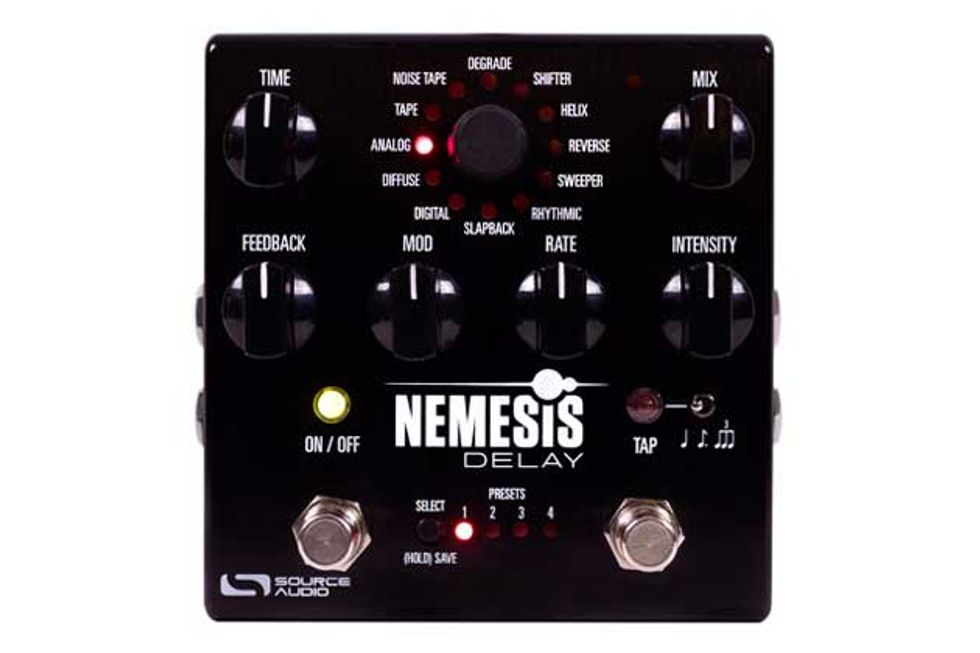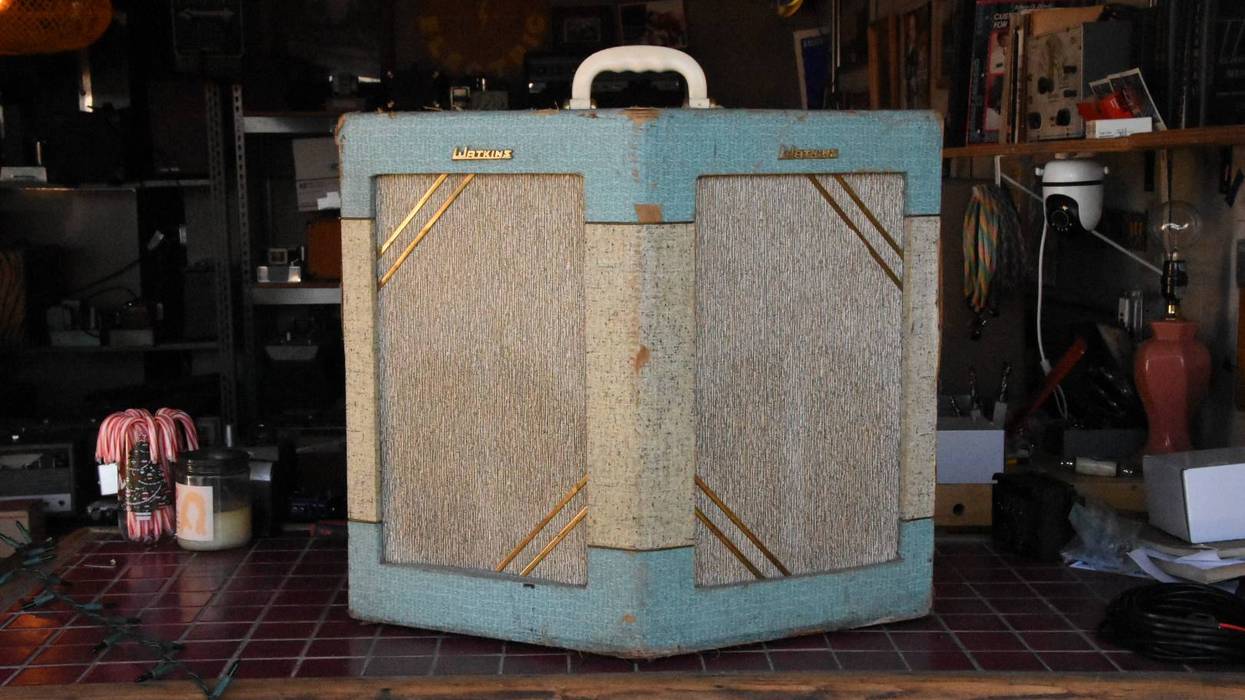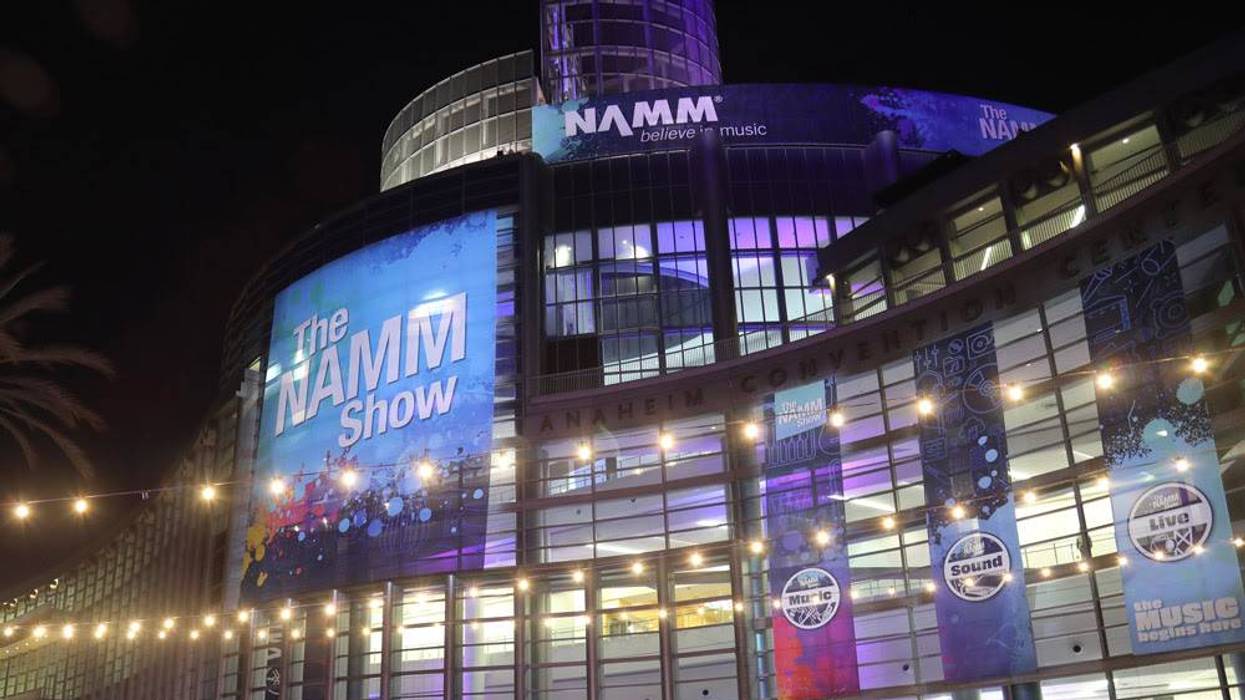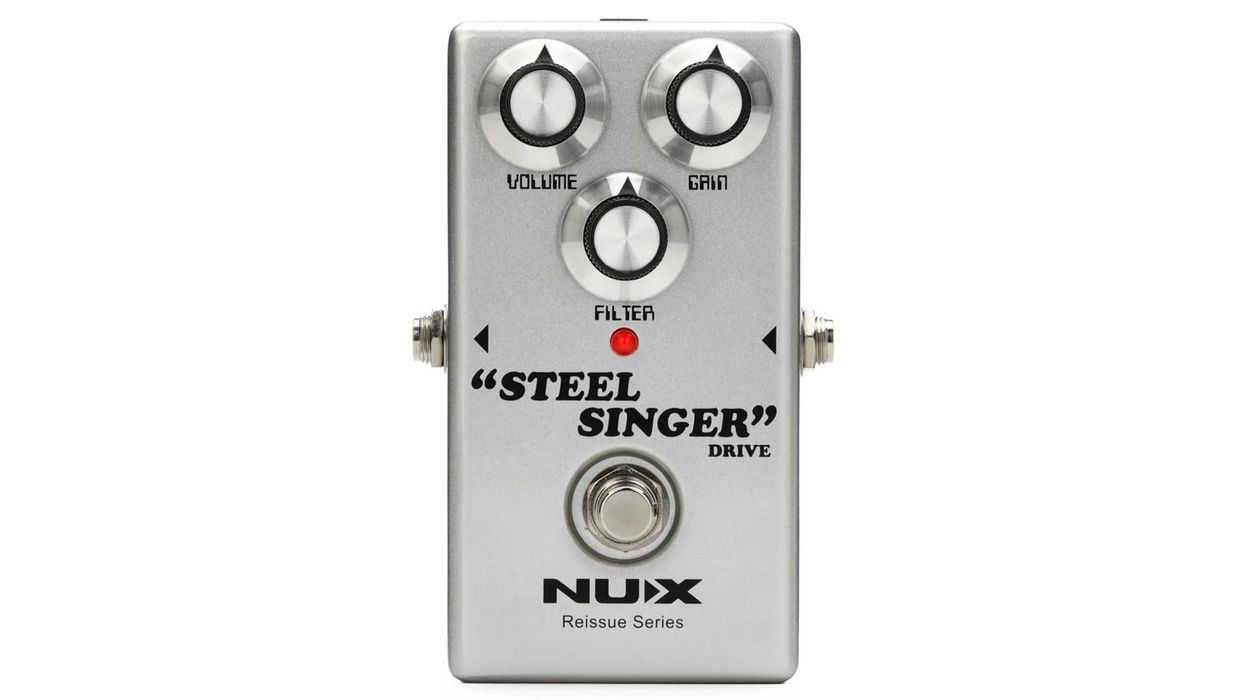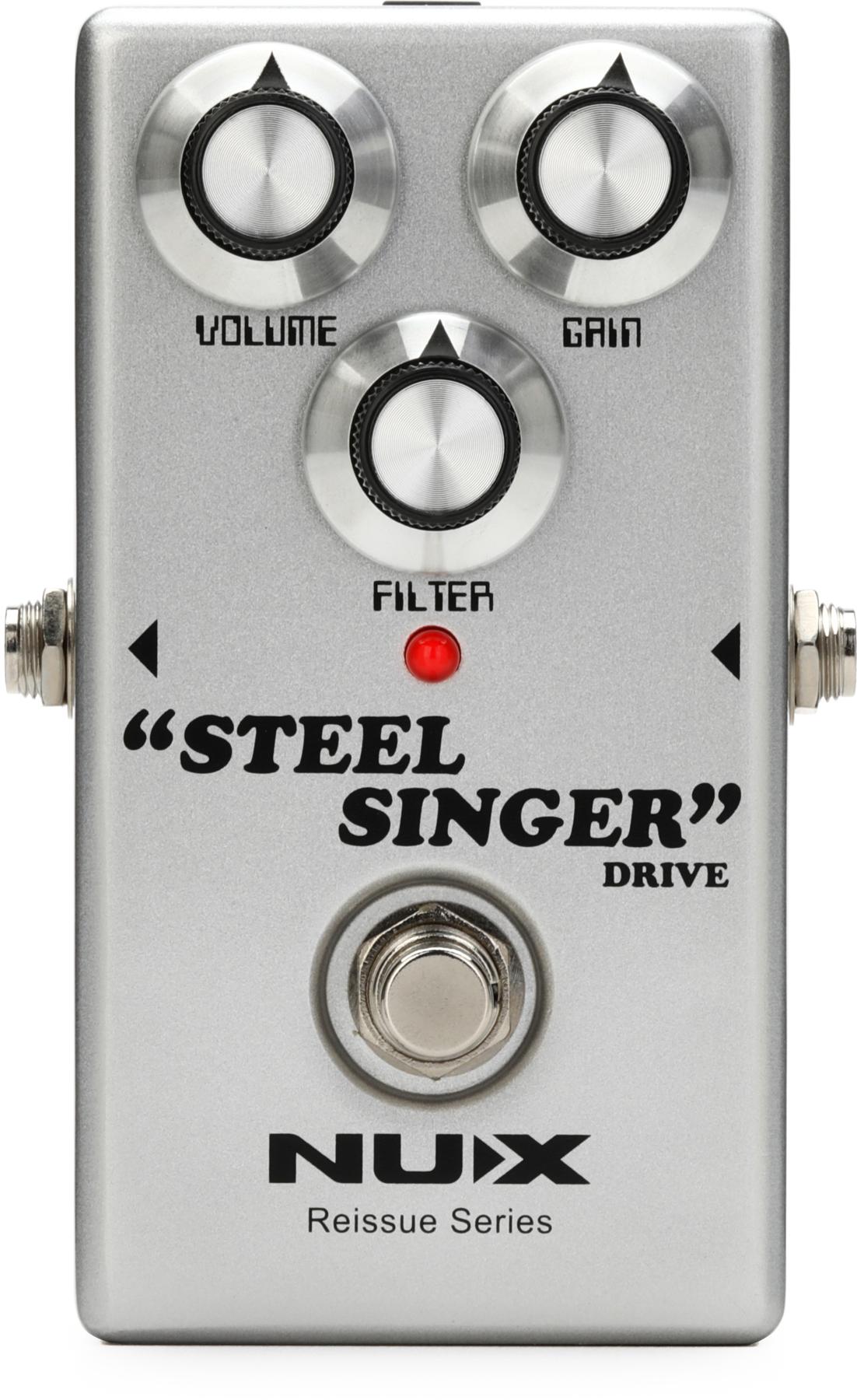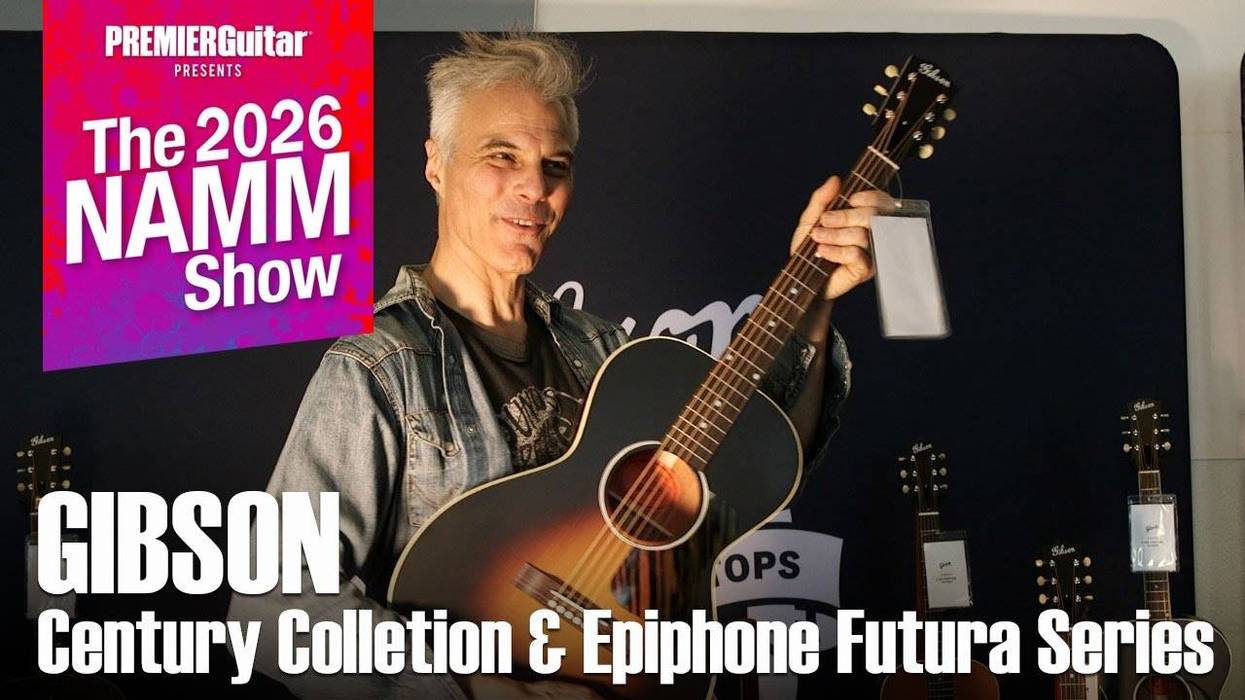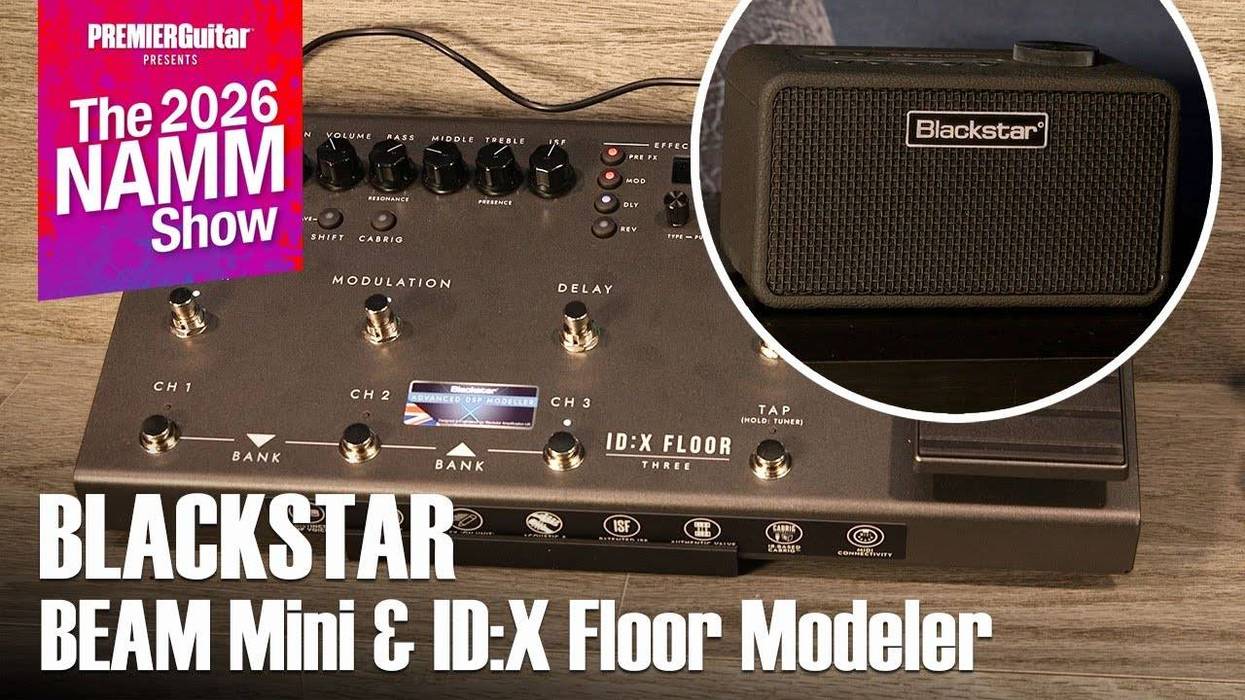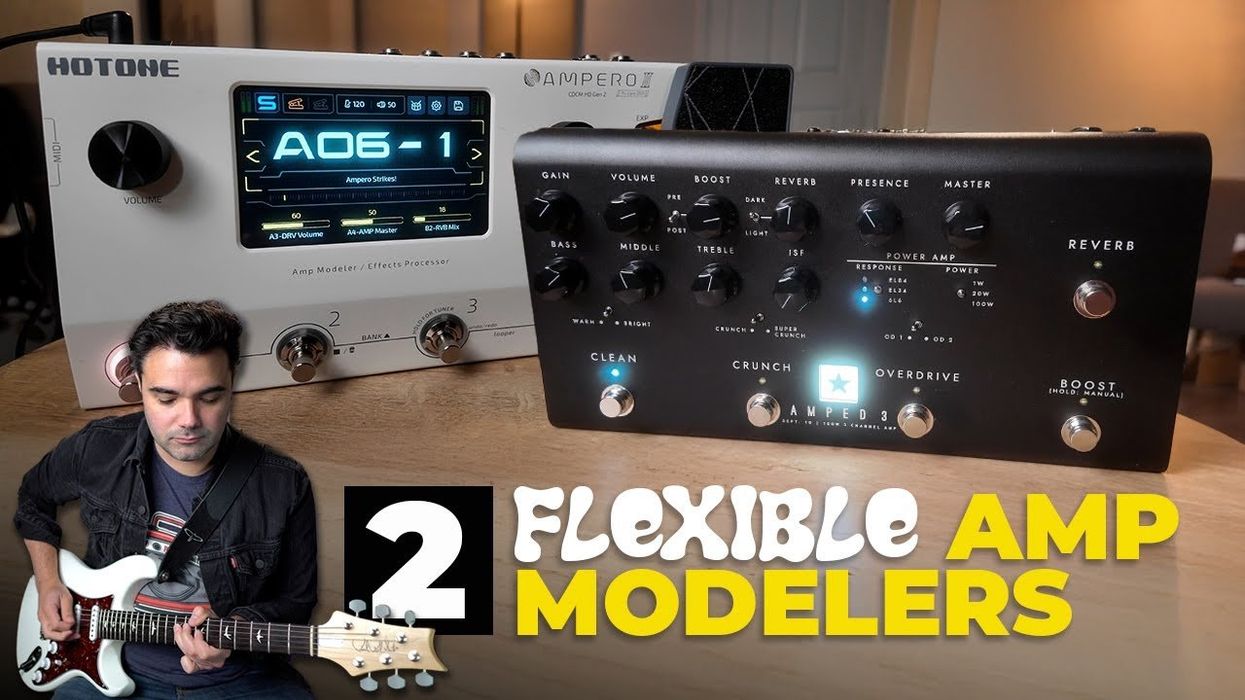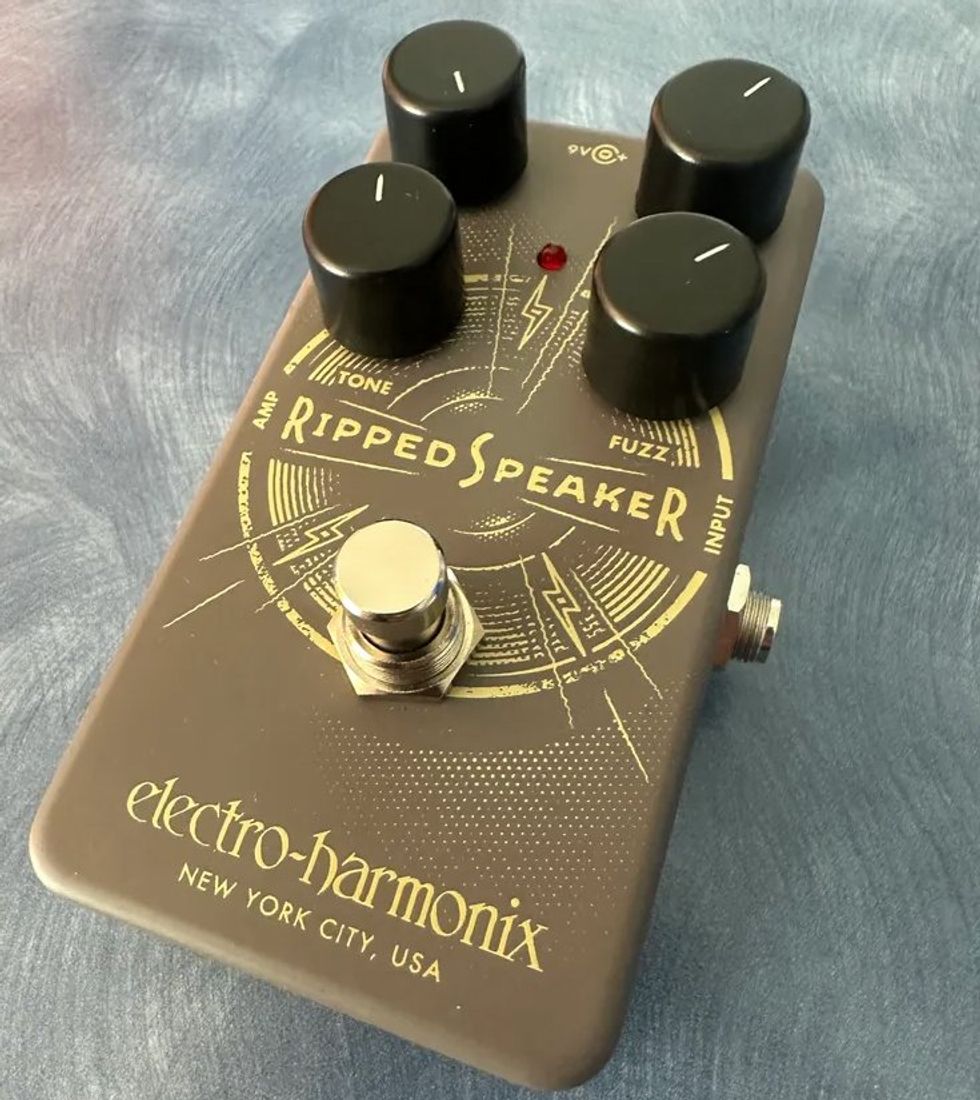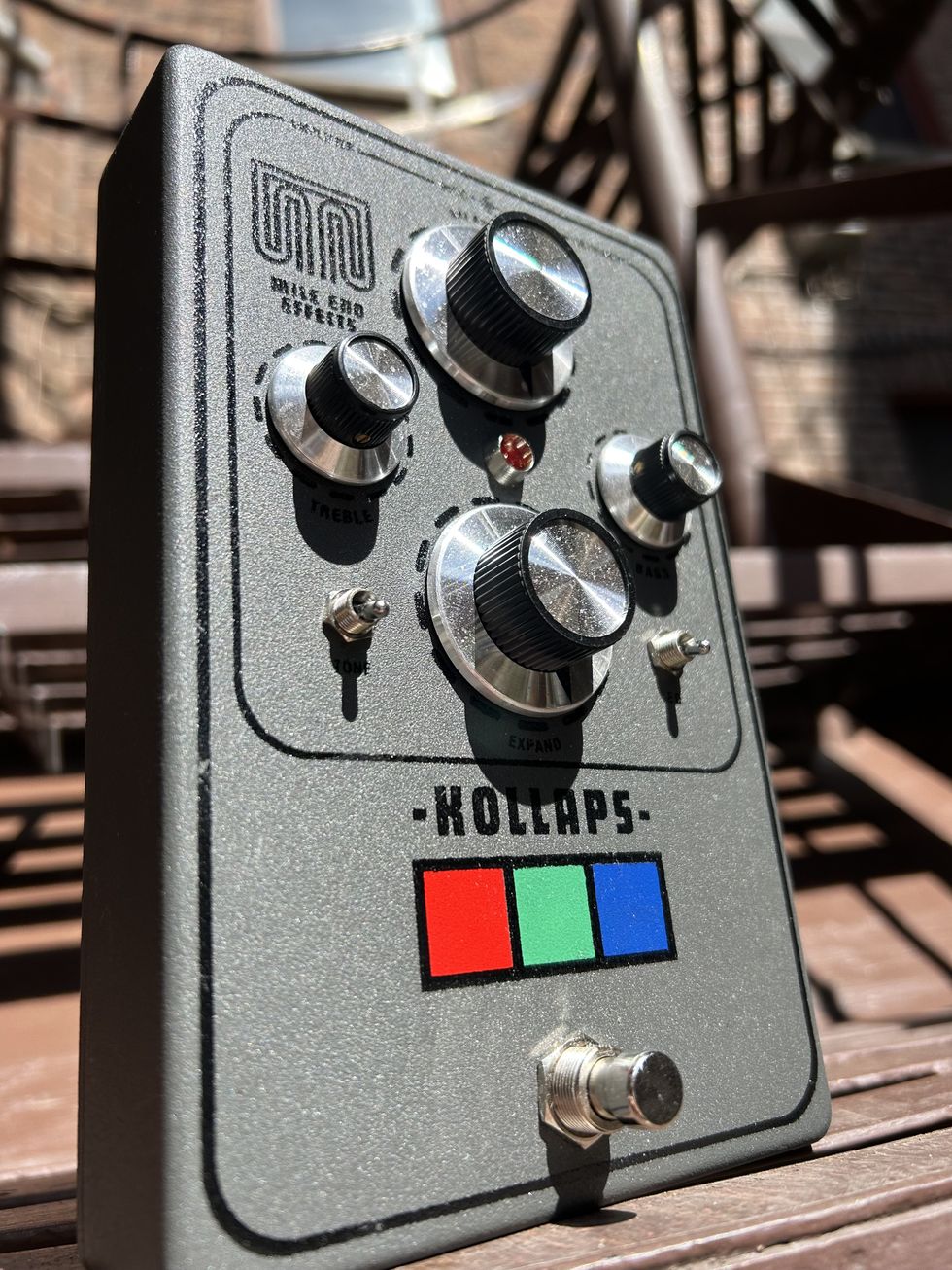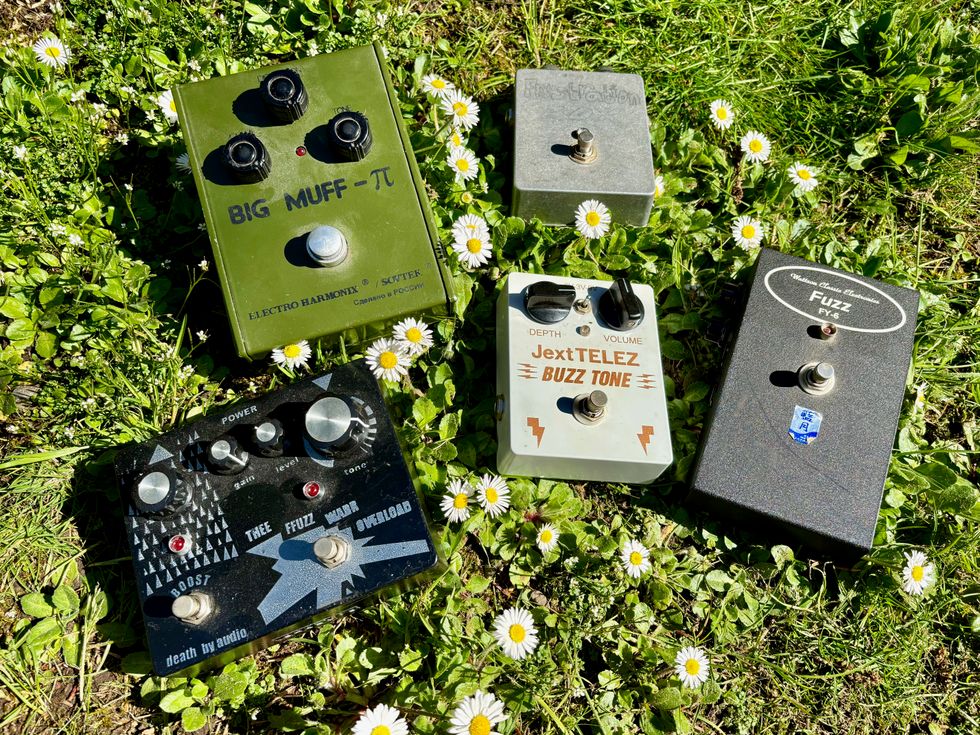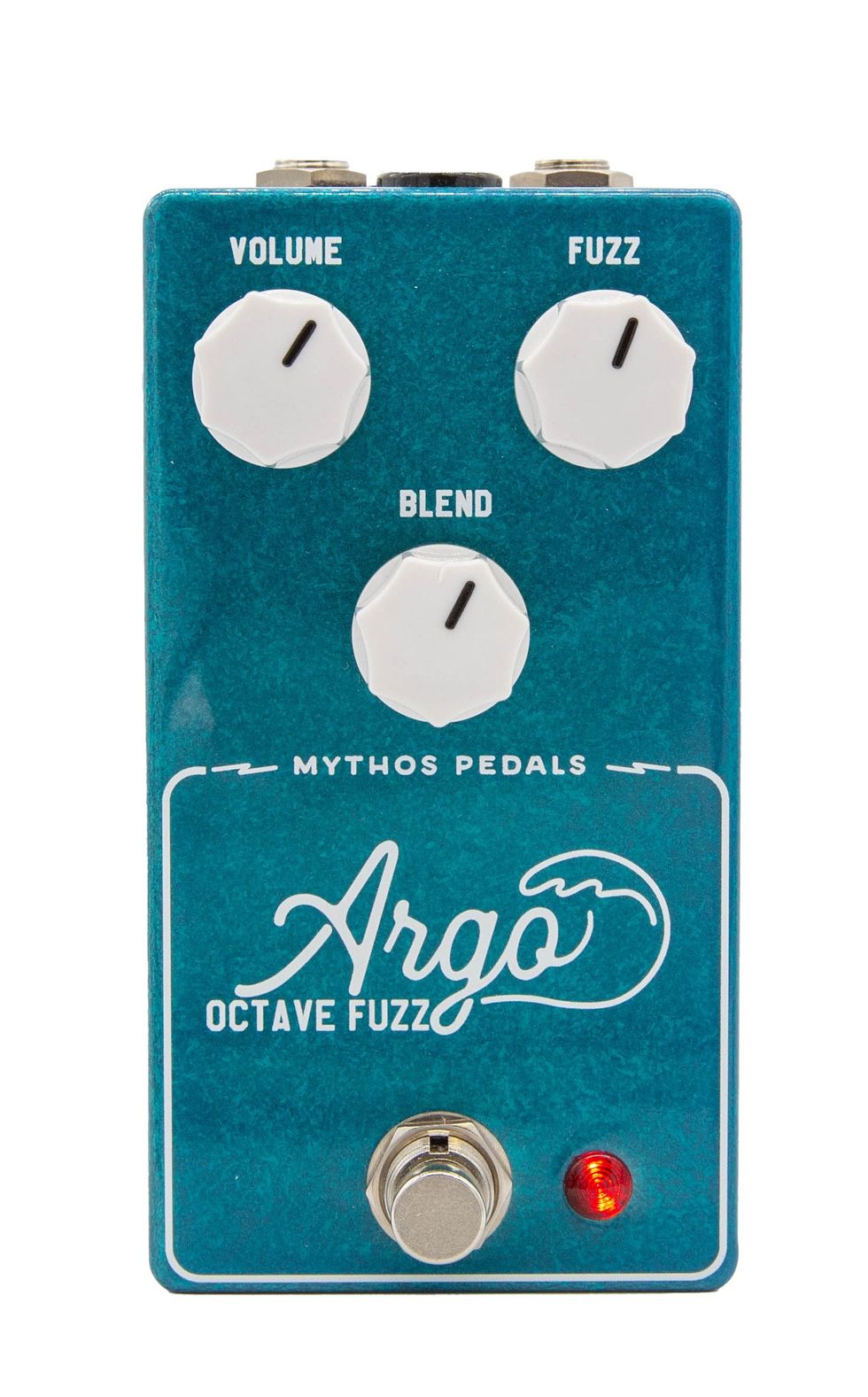Woburn, MA (January 28, 2016) -- After much anticipation, Source Audio has released the Nemesis Delay. The Nemesis is a powerful stereo delay pedal featuring 24 distinct effect engines ranging from vintage tape, analog, and oil can delays to highly advanced pitch shifting, reverse, filter modulating, and rhythmic delays. The Nemesis features sophisticated 56-bit processing, eight onboard presets, multiple delay taps, a hold function, tap tempo, full MIDI control, deep editing functionality with the Neuro Mobile App, and much more. "Three years of tireless research and development went into the sound engineering and design of the Nemesis Delay," says Source Audio president, Roger Smith. "I challenged Jesse, Bob and Brett to create the industry's most powerful and flexible delay pedal in a small easy-to-use format. I think they pulled it off brilliantly. Nemesis is a thrilling delay pedal."
The Nemesis Delay captures the full spectrum of delay effects, starting with a comprehensive collection of meticulously crafted vintage delay tones. The Source Audio engineering team spent over a year studying numerous iconic and sought-after tape and bucket brigade delay units with the steadfast mission of identifying their every nuance and idiosyncrasy. The Nemesis' Tape, Noise Tape and Slapback delays capture all the characteristic flutter, warmth, and color that give vintage tape delay machines like the Echoplex and Space Echo their classic charm. The Analog delay engine beautifully achieves the resonant peaks combined with the high and low frequency decay that typifies classic bucket brigade delay pedals. The Nemesis' Digital delay manufactures pristine, high-definition repeats with or without filtering effects for a classic rack-system tone.
At the opposite end of the spectrum, users will find an advanced collection of sophisticated and specialized delay effects. The Shifter delay generates perfect polyphonic pitch intervals with repeats jumping to either an octave (up or down), major or minor third, 4th, or 5th. Sweeper applies modulating filter effects to repeats for a unique delay/wah hybrid tone. Backwards effects like Helix and Reverse provide a perfect blend of chaos and control with multi-tap reverse patterns and angelic pitch shifting effects. The Rhythmic delay features an engaging and musical collection of non-standard multi-tap delay patterns.
The Nemesis also features a long list of powerful and easy to navigate control features. The pedal's face includes a clickless tap tempo switch with quarter, dotted eighth, and triplet beat divisions. The tap tempo switch doubles as a hold function to "freeze" a small portion of the delay in a continuous loop. The Time knob offers a repeat time between 10 milliseconds and 2.6 seconds. The Feedback control offers a range between a single repeat and full self-oscillation. A Mix control offers the full gamut of dry kill/dry defeat (from 100% dry to 100% wet). Mod and Rate knobs give users direct control of "wow and flutter," or adjust the delay's modulation depth and speed. The Intensity knob adjusts the unique coloring configuration of each delay engine. Eight onboard presets in two banks are easily recalled with the Select button or by scrolling with the footswitch.
Stereo input and output jacks and 6 delay taps give the Nemesis the power to produce a large variety of straight-forward or complex stereo ping-pong patterns as well as stereo phase inversion. And with help from the Neuro Mobile App (more info on the App below), it's also possible to route the stereo in/outs to an external effects loop, either pre-delay or in the feedback loop.
The Nemesis comes outfitted with eight onboard user presets, however it's also possible to save up to 128 presets recallable with MIDI program change (PC) messages via the 5-pin MIDI DIN input (also includes a 5-pin MIDI Thru output) or its MIDI USB port. In addition, the pedal responds to MIDI continuous controller (CC) and MIDI clock messages. The ¼" TRS input makes it possible to execute external preset switching or expression control of any knob combination. The Nemesis is also compatible with Source Audio's Neuro Hub, which allows simultaneous MIDI control of up to five Source Audio One Series and Soundblox 2 pedals.
Finally, the Nemesis is compatible with the Neuro Mobile App (a free download for iOS and Android), offering an additional set of deep editing parameters. With the App users can edit, save, and share presets with others in the Nemesis/Neuro community.
The street price of the Reflex Universal Expression Controller is $299.
Watch the company's video demo:
For more information:
Source Audio


